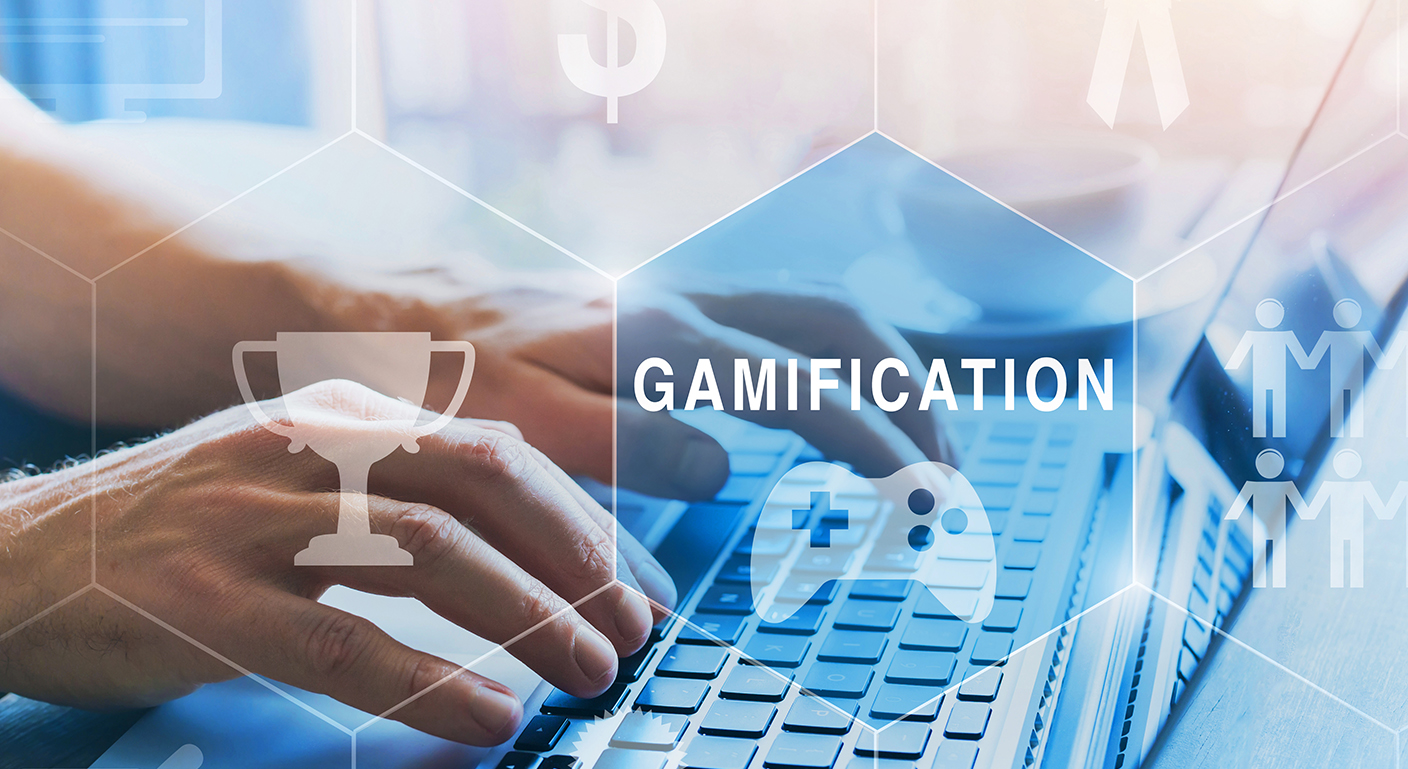
5 Types of Game Based Learning That Boost Workplace Productivity
June 8, 2023
Train Your Teams to Take Full Advantage of Your Customer Relationship Management – CRM
June 8, 2023
5 Types of Game Based Learning That Boost Workplace Productivity
June 8, 2023
Train Your Teams to Take Full Advantage of Your Customer Relationship Management – CRM
June 8, 2023Boosting employee productivity with game-based learning solutions
Visualize this, you as an organization are looking to upskill your workforce with a set of unique knowledge, skill, and behavior. You have already recognized the gaps in your workforces and based on the same, you created and implemented the training program which went on smoothly.
Post training, you are expecting your employees to perform better by implementing the newly acquired knowledge. You expect a decrease in financial and cyber security risks, improvement in customer experience and boost in productivity. However, on conducting post training evaluation, you realize that none of this is happening, rather, there is no change whatsoever. The evaluation result pointed to lack of user engagement in the training module and most of the user’s dropped out before completing the course, some did not understand the entire program and the rest were unable to apply the acquired knowledge.
Engagement is one of the most common reasons why most training programs fail. Therefore, gamification and game mechanics were an integral part of learning strategy of over 70% of companies listed in the Global 2000. Leading institutions such as Bank of America, JPMorgan Chase, Wells Fargo, and Bank of China have embraced this trend, setting the standard for the banking industry.
Recent research by Zippia shows that 90% employees agree that gamification increases their productivity while 72% state that it boosts motivation. Overall, gamification in learning increased employee engagement by 48%. These statistics make it clear that gamification enhances learning and drives positive outcomes.
The famous Greek philosopher, Plato, has also vouched for game-based learning in his Plato’s Laws where he considered play to be an instrumental tool for education. He saw play as the first step on the ladder towards true knowledge.
Scientifically, the Cognitive Load Theory states that our working memory has a limited capacity and traditional teaching methods tend to overwhelm it. On the other hand, game-based learning or financial gamification, in the case of banks, reduces this pressure ensuring subconscious learning. This is facilitated with bite-sized learning nuggets integrated into immersive learning solutions that use concurrent visuals and auditory stimuli.
Why consider gamification as a learning solution for the Banking Sector?
- Increased Engagement: By using stimulative and immersive elements financial concepts are transformed into interactive quests, and integrating elements like role-play empowers workforces increases engagement. This further helps them gain practically applicable knowledge.
- Enhanced Problem- Solving Skills: Game-based learning solutions mirror real-life scenarios thus empowering workforces to develop problem-solving skills especially those involving financial risks. This helps them to identify and reduce possible risks.
- Improved Knowledge Retention: Bite-sized learning modules integrated in visually appealing videos and graphics, further increases knowledge absorption and retention among the learners.
- Continuous Learning: With instant feedback received on solving quizzes, puzzles and various games continuous learning is made possible. These swift feedback and identifications help in identifying knowledge gaps thus allowing quick mitigation of these gaps.
Summarizing
Game-based learning solutions empower employees within banks to upskill themselves in an engaging manner. The use of bespoke content, stimulating elements and immersive videos enables workforces to acquire knowledge with ease. It further allows them to evaluate their existing knowledge through various metrices thus ensuring there are no knowledge gaps. It further improves problem solving abilities, decision-making skills and critical thinking skills with the help of role-play allowing them to get first-hand experience of the entire situation.
Therefore, invest in a game-based learning solution to ensure your employees learn and grow to achieve exponential success.
Jyoti Sabharwal is an expert in learning design, specializing in strategies that enhance team capabilities and drive business growth. With a strong foundation in crafting engaging and impactful learning experiences, she collaborates with cross-functional teams to tailor solutions that meet unique training needs. Committed to staying current with industry trends, she combines instructional design expertise with Presales knowledge to deliver innovative learning programs that improve performance and support continuous development.




